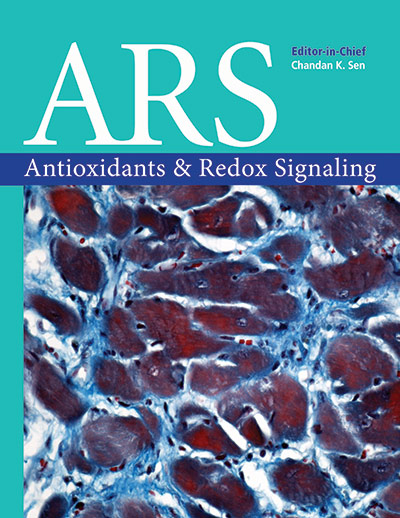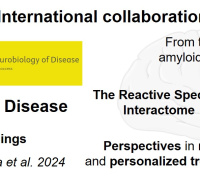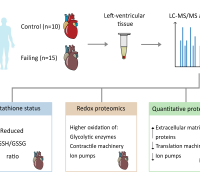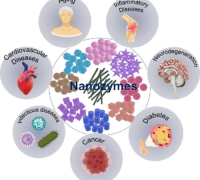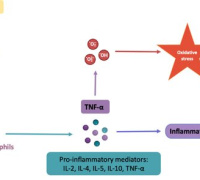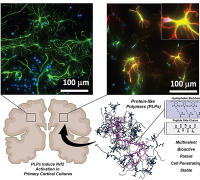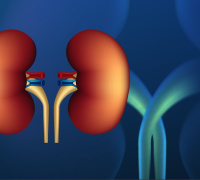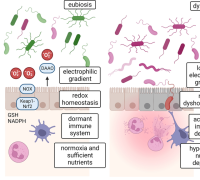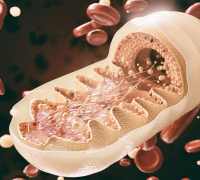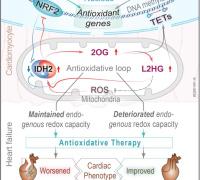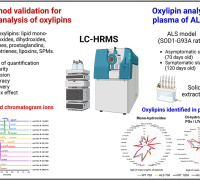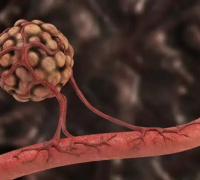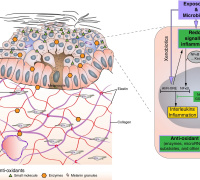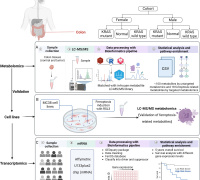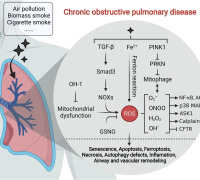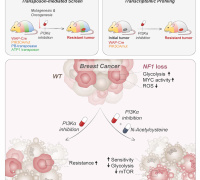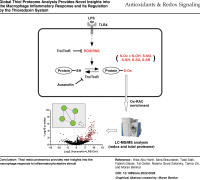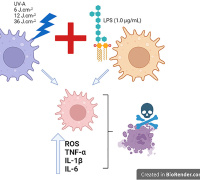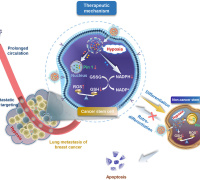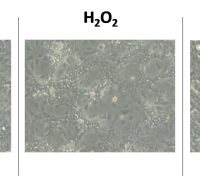Vtamin B₃: A Possible Treatment for Glaucoma?

News Release, International Society of Antioxidants , France – February 28, 2022
Glaucoma involves a high risk of losing sight. Researchers at Karolinska Institutet and St. Erik Eye Hospital, among others, have now studied the effects of nicotinamide, the amide of vitamin B₃, on animal and cell models for glaucoma.
In glaucoma, the optic nerve, which connects the eye to the brain, is progressively damaged, often in association with elevated pressure inside the eye. What causes optic nerve degeneration in glaucoma is not entirely known, but there is currently a large focus on identifying new treatments that prevent retinal ganglion cells (the output nerves of the retina) from dying, as well as trying to repair vision loss through the regeneration of diseased nerve fibres in the optic nerve.
Previously, scientists have identified that the molecule NAD declines in the retina in an age-dependent manner and renders retinal ganglion cells susceptible to neurodegeneration. Preventing NAD depletion via administration of nicotinamide (the amide of vitamin B₃, a NAD precursor) robustly prevents glaucoma in chronic animal models.
In the current study, the scientists investigated many of the effects that nicotinamide has on the visual system (in normal conditions and during glaucoma). This is an important step for moving treatments from the lab to the clinic.
“We have confirmed nicotinamide’s neuroprotection in additional cell and animal models that recapitulate isolated features of glaucoma but are also common neurodegenerative features. We also have developed sensitive tools to investigate NAD metabolism, and the metabolism of other essential metabolites, in the visual system,” says the study’s first author James Tribble, a postdoctoral researcher at the Department of Clinical Neurosciences, Karolinska Institutet, and in the Williams laboratory at St. Erik Eye Hospital. “We demonstrated that systemic nicotinamide administration has limited molecular side-effects, but provides a robust reversal of the disease metabolic profile of glaucoma prone animals.”
The researchers' work has, among other things, resulted in several tools for investigating the protective effect of nicotinamide.
“Using these varied platforms, we determined that nicotinamide provides numerous neuroprotective effects. These include buffering and preventing metabolic stress, and increasing mitochondrial size and mobility to provide an environment where retinal ganglion cells are less susceptible to glaucoma related stresses,” says corresponding author Pete Williams, Assistant Professor and Research Group Leader for glaucoma at the Department of Clinical Neurosciences, Karolinska Institutet, and St. Erik Eye Hospital. “These data support the continued determination of the utility of long-term nicotinamide treatment as a neuroprotective therapy for human glaucoma.”
Know more on the potential of this treatment.
This study and many more will be presented in this year's congress within the session on Ocular Disorders & Redox Medicine: Recent Advances & Perspectives chaired by Dr. Julie Lim.
Media Contact:
International Society of Antioxidants
This email address is being protected from spambots. You need JavaScript enabled to view it.
24th Annual ISANH Meeting
Paris Redox 2022 Congress
June 22-24, 2022 - Paris, France
www.isanh.net





